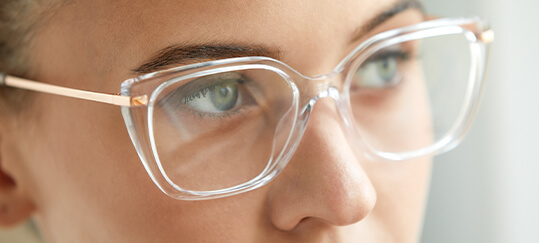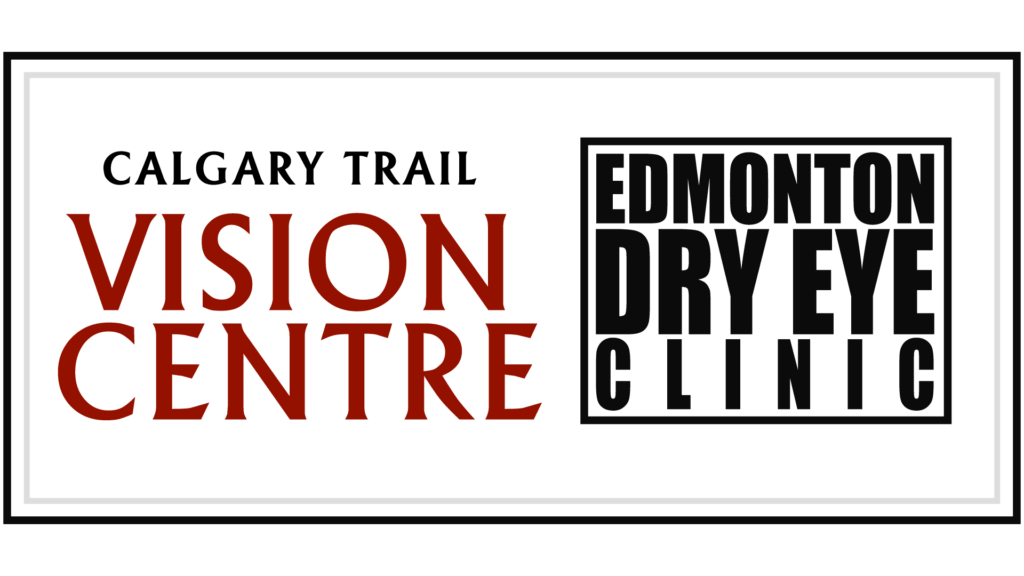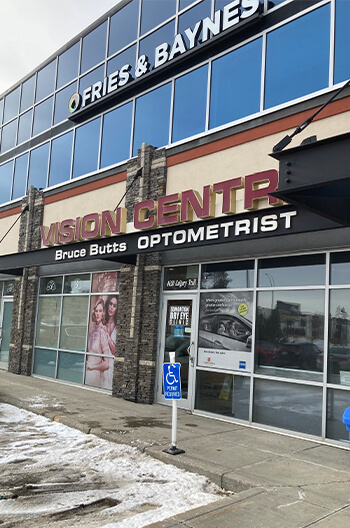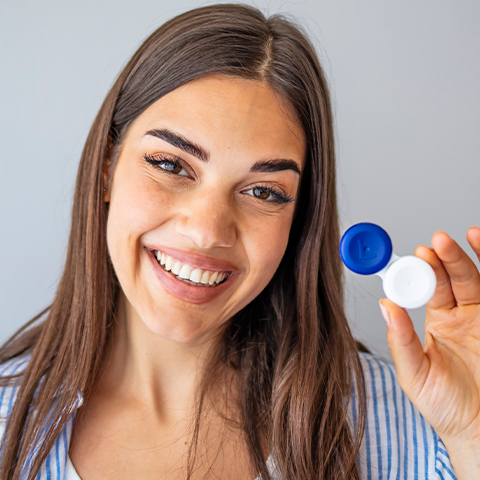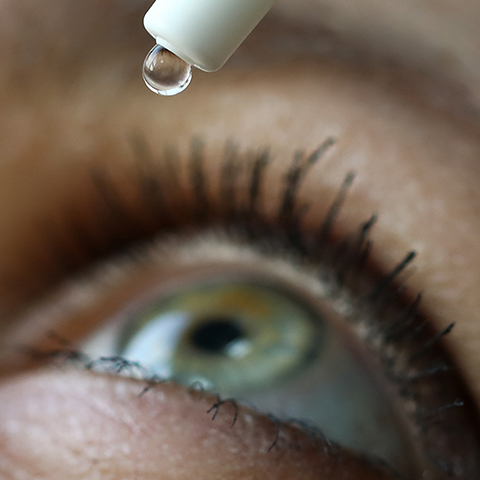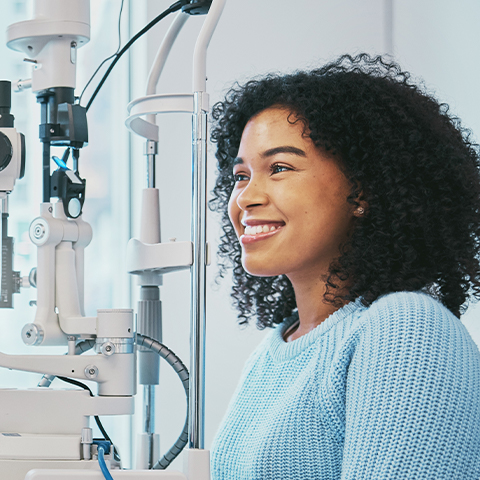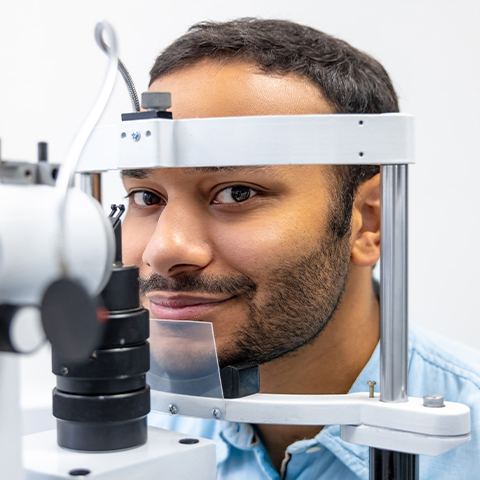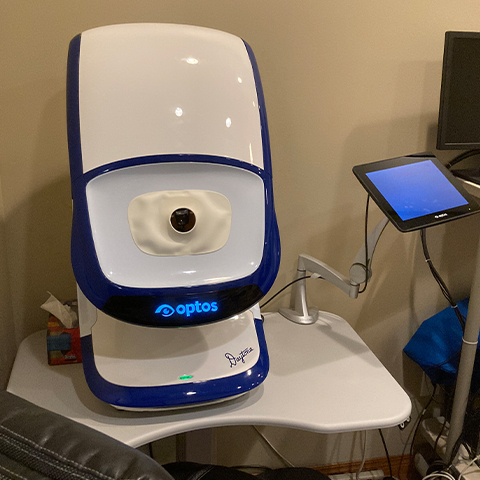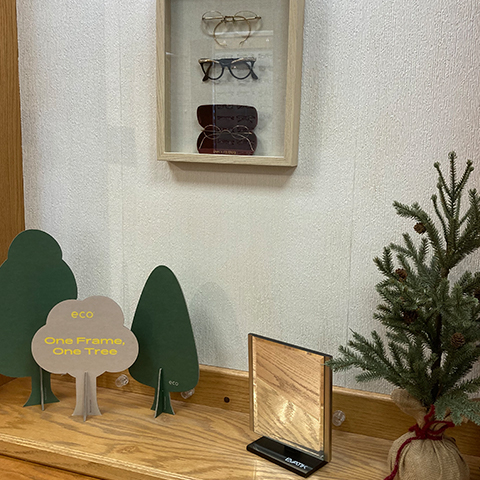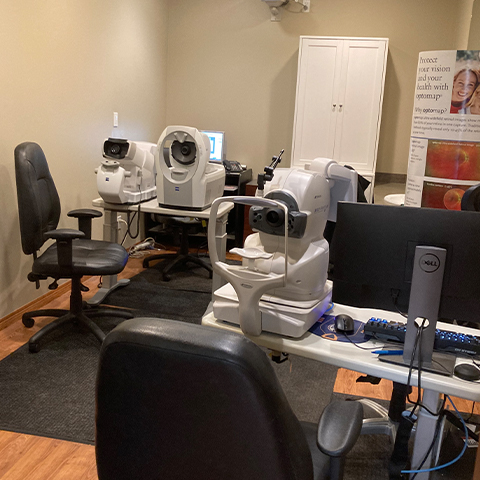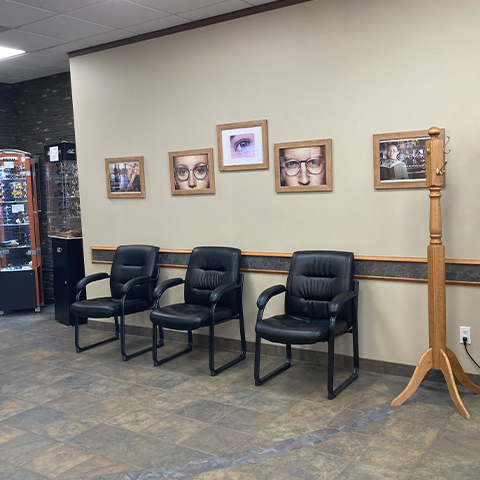Prioritizing Your Eye Health
Your dietary and lifestyle choices play an important role in not only your overall health but your eye health as well. Our eye care professionals implement eye nutrition into our comprehensive eye exams to help you maximize your vision and live a healthier lifestyle in the process.
A well balanced diet can make a significant difference in keeping your eyes and vision healthy.
At Calgary Trail Vision Centre, We strive to understand our patients’ lifestyles and recommend an eye nutrition plan that prioritizes eye health. Contact us to schedule your appointment today in Edmonton and explore eye nutrition with our eye care professionals in Edmonton.
A Healthy Diet for Healthy Eyes
Getting your essential nutrients in the form of food like fruits and vegetables can help prevent disease and illness while also maintaining and improving the general functions of your eyes.
Eating well can also help contribute to a healthy macular pigment, which is important for accurate vision, healthy eyes, and preventing eye diseases such as age-related macular degeneration.
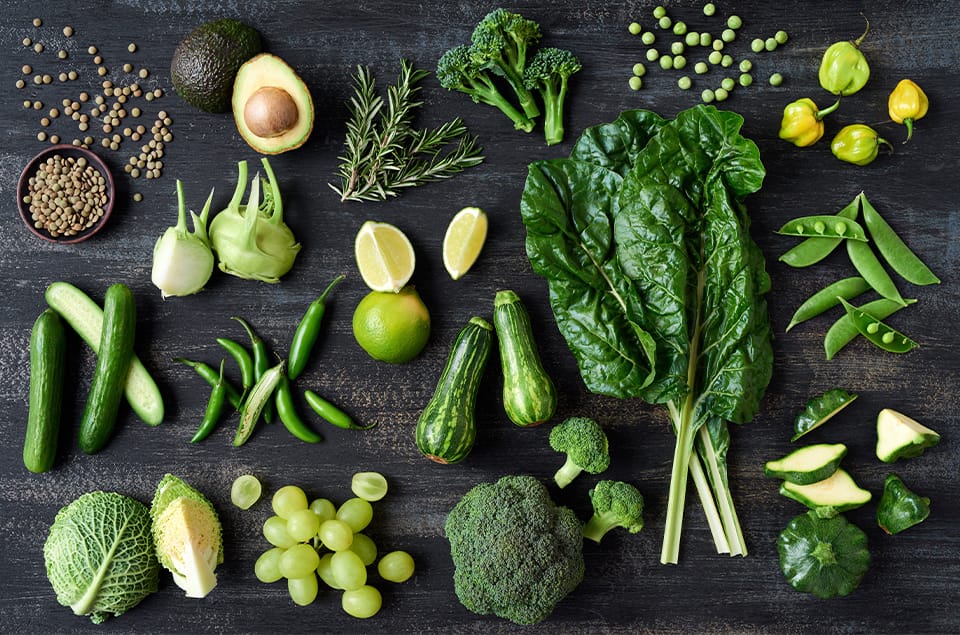
Maintaining a Well-Balanced Diet
Your body needs a balanced diet of vitamins and nutrients to perform at its best, which also applies to your vision. There are different foods and nutrients you can add to your diet that can help keep your body as well as your eyesight healthy.
Vitamin A
Vitamin A helps your vision adjust in dim light and keeps your eyes moist. Vitamin A can also help decrease the risk of night blindness and dry eyes.
Vitamin A-rich foods include:
- Eggs
- Dairy products like yogurt, milk, and cheese
- Oily fish
- Liver
Vitamin C
Vitamin C functions as an antioxidant and helps your body prevent oxidative stress. Things like fast foods, tobacco smoke, and the sun’s rays can cause imbalance and reduce how much vitamin C your body gets from food.
Getting enough vitamin C can help minimize the risk of eye diseases such as cataracts and age-related macular degeneration.
Vitamin C-rich foods include:
- Citrus fruits like oranges, lemons, and grapefruits
- Peaches and strawberries
- Tomatoes, broccoli, and potatoes
Vitamin E
The retina naturally contains a high amount of fatty acids. Vitamin E helps maintain healthy eyes and protects those fatty acids from oxidative stress. A lack of vitamin E can increase the risk of retinal degeneration and, in extreme cases, blindness.
Vitamin E-rich foods and sources include:
- Almonds and sunflower seeds
- Plant oils like vegetable, sunflower, and olive oil
- Wheat germ
- Avocados
Lutein & Zeaxanthin
Lutein and zeaxanthin are also known as vision-boosting carotenoid antioxidants. These antioxidants can help lower the risk of light-induced oxidative damage from UV and blue light exposure.
Lutein and zeaxanthin rich foods and sources include:
- Leafy green vegetables like kale and spinach
- Corn, yellow bell peppers, and yams
- Egg yolks
- Citrus fruits
Omega-3 Fats
Omega-3 fats help with tear function and visual development and contain anti-inflammatory properties. Getting enough Omega-3 in your diet can help improve dry eyes, minimize inflammation, and even prevent or delay vision impairment, particularly in children.
Omega-3 fat-rich foods and sources include:
- Salmon, sardines, herring, and cod
Algae - Walnuts
Zinc
Zinc is another antioxidant that works with vitamin A and produces melanin, which helps block the effects of harmful UV rays and artificial lights. Getting enough zinc in your diet can help decrease the chances of night blindness, cataracts, and macular degeneration.
Zinc-rich foods and sources include:
- Beans
- Shellfish
- Nuts and seeds
- Red meat
- Dairy products
- Whole grains
Preserve Your Long-Term Vision
Eye nutrition goes hand in hand with your visual health. A healthy diet consisting of essential nutrients and vitamins combined with consistent eye exams can help you enjoy long-term healthy vision.
Contact our eye care clinic to schedule an appointment today in Edmonton and learn more about how eye nutrition plays a part in your eyesight.
Book AppointmentOur Brands

